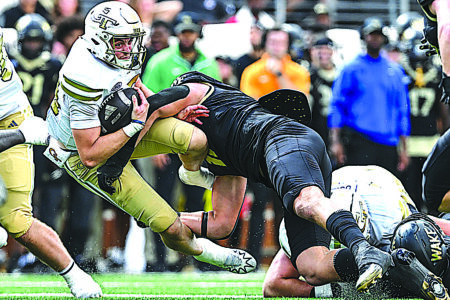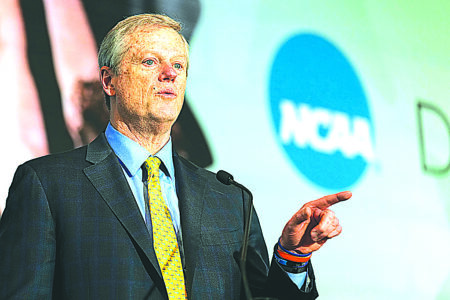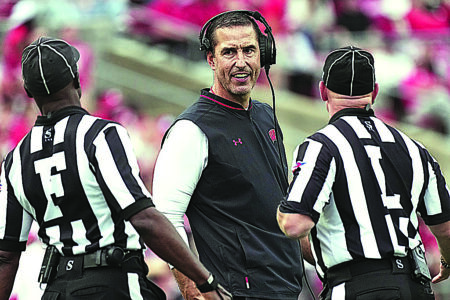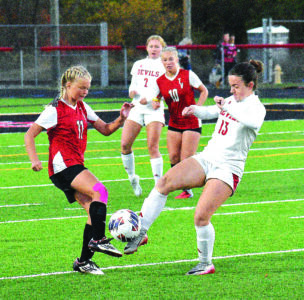NCAA president urges conferences and schools to be cautious of equity deals

FILE - NCAA President Charlie Baker speaks during the Division I Business Session at the annual NCAA convention, Jan. 15, 2025, in Nashville, Tenn. (AP Photo/George Walker IV, File)
NEW YORK (AP) — The president of the NCAA is urging schools and conferences tempted by riches offered through potential deals with new equity sources to think about the long-term repercussions before jumping into the deals.
“My message to everybody on this would be really simple: Be really careful,'” Charlie Baker said Monday at a Big East roundtable on the future of college basketball.
With schools and conferences under increasing pressure to raise funds to pay their players, reports of them negotiating with new equity sources for college sports are becoming more frequent.
Recent headlines out of the Big Ten are about its negotiation to bring in an investor that would pay $2.4 billion to help market the conference’s media rights and other properties.
A meeting of the conference’s presidents and chancellors last week didn’t produce a vote on the deal, with Michigan and Southern California holding out.
One of the most outspoken opponents has been Michigan regent Jordan Acker, who at a monthly regents meeting last week called the equity proposal, which would last through 2046 and pay more than $100 million to each school, an attempt at solving “the same old problem with a new, and this time, rushed solution.”
In a statement, the Big Ten said its potential partner — the investment arm of the University of California pension system — was not a private equity firm, but rather a nonprofit organization (that still would seek a profit on its investment.)
“Ultimately, it is the decision of the Big Ten member institutions’ presidents and chancellors to decide if it’s the right opportunity and those conversations are ongoing,” the conference said in a statement.
Baker wasn’t speaking directly about the Big Ten issue when discussing equity. He also wasn’t completely dismissive of the idea.
“People should try to play the long game,” he said. “If I’ve learned anything about college sports, it’s very hard to get anybody to think past tomorrow. … People should be thinking vey hard about the long term, and we’d all be well-served, especially in terms of the kids” who the schools are in business to help.





